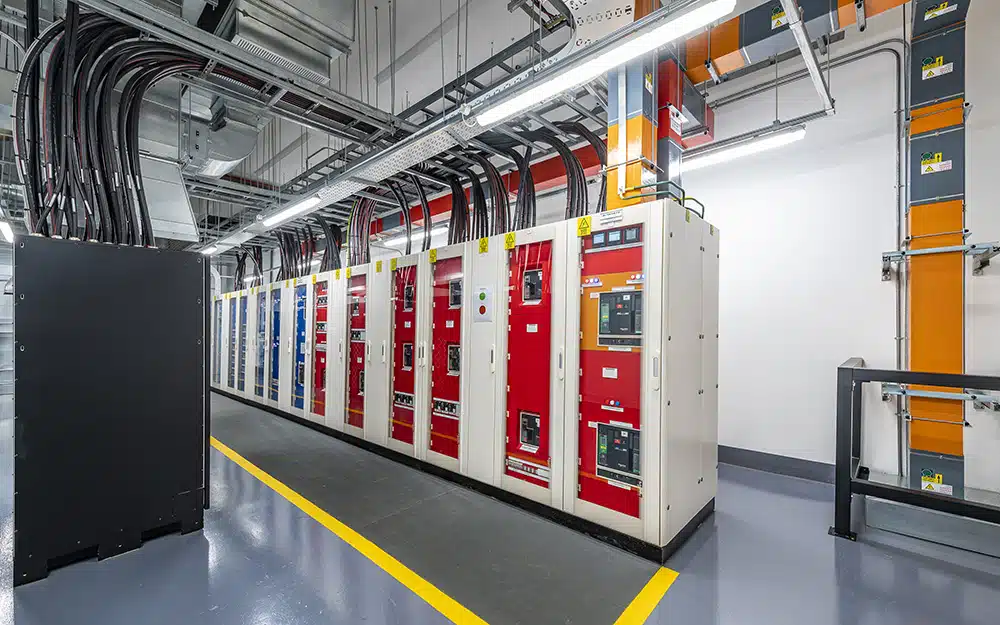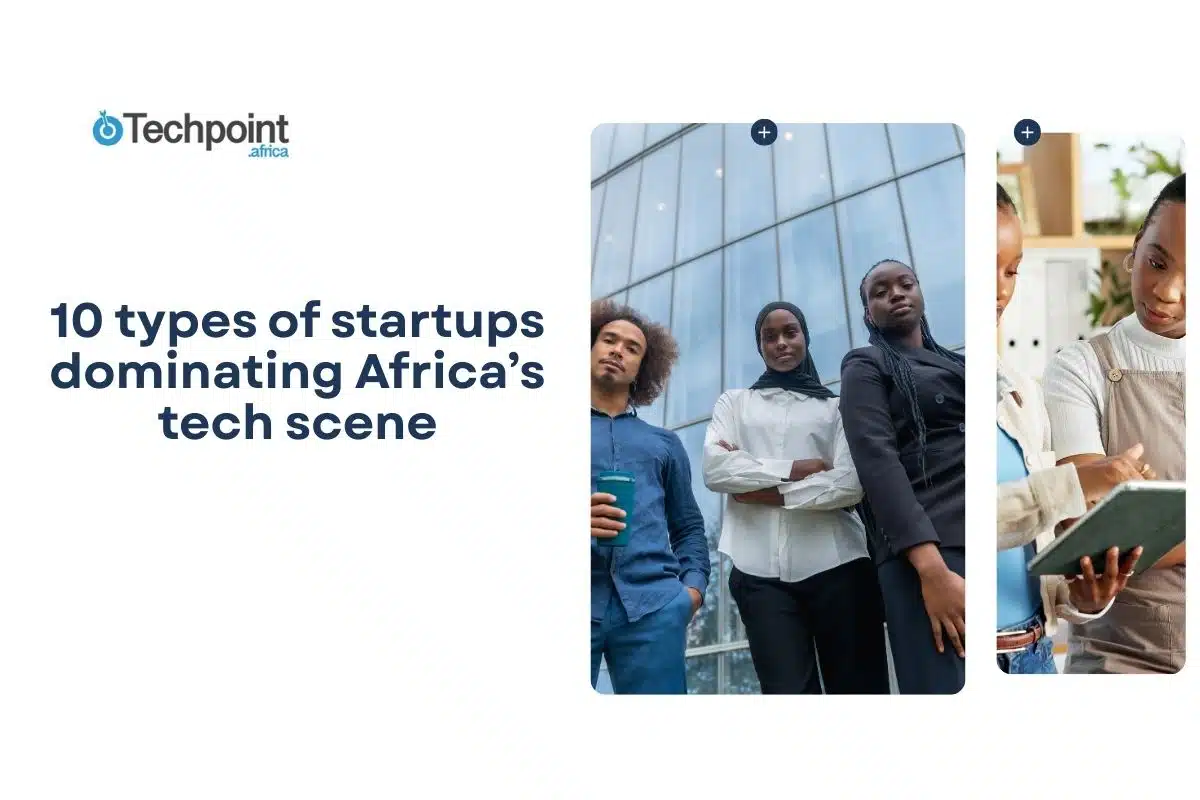Amazon Web Services (AWS), the cloud platform behind a large share of the global internet infrastructure, suffered a major outage on Monday, October 20, 2025, bringing down several major websites and apps used by millions across the world.
The issue, which began in the AWS US-East-1 region in Virginia, was caused by a DNS resolution failure affecting the DynamoDB API endpoint, according to the company. This failure had a ripple effect on services hosted in that region, leading to widespread disruptions.
Platforms like Snapchat, Canva, Fortnite, Robinhood, and Perplexity AI experienced downtime. African businesses like Bamboo and Raenest are also affected
Even Amazon’s own services, including Alexa and Prime Video, were not spared. Users around the world reported login issues, unresponsive apps, and missing features. Downdetector, a website that tracks real-time service outages, showed thousands of outage reports within the first hour.
AWS confirmed that its teams were working on “multiple parallel paths” to resolve the issue and, after a few hours, announced that the problem had been “fully mitigated.” However, some services continued to experience lag as queued requests were cleared.
This latest outage has once again drawn attention to the central role AWS plays in the digital ecosystem. As more companies across sectors, finance, entertainment, retail, and even artificial intelligence, rely heavily on cloud platforms, the risks of centralised infrastructure failure become more visible.
Are African startups affected by the AWS outage?
According to Downdetector, it is AWS in the US-East-1 region that is affected, but some Snapchat users in Nigeria have reported experiencing outages.
Also, startups like Bamboo and Raenest (parent company of Geegpay) have balmed the outage on the quality of thier service. In an X post, Bamboo told users that the outage is the reason some of them could not view their US stock positions. Geepay users were notified that their card details would not be available due to the outage.
While AWS boasts high availability across its regions, this incident shows that a fault in one critical zone can cause a cascading failure.

Victoria Fakiya – Senior Writer
Techpoint Digest
Make your startup impossible to overlook
Discover the proven system to pitch your startup to the media, and finally get noticed.
For startups and businesses in Africa, especially those dependent on US-based infrastructure, the outage serves as a reminder of the need for backup systems and diverse hosting strategies.
Telcos like MTN and Airtel have already positioned themselves as replacements to hypercalers like AWS, building Tier 3 and Tier 4 data centres in Lagos, Nigeria.
Meanwhile, AWS has not yet disclosed the full technical details or what specific changes will be made to prevent a recurrence.
[Editor’s note]: This article has been updated to show that African business Bamboo and Raenest were affected by the AWS outage. A previous version said no African business was affected.











